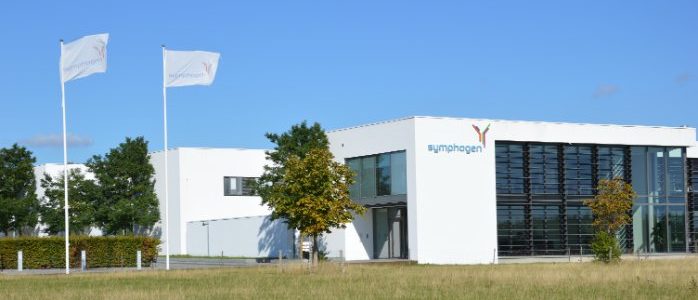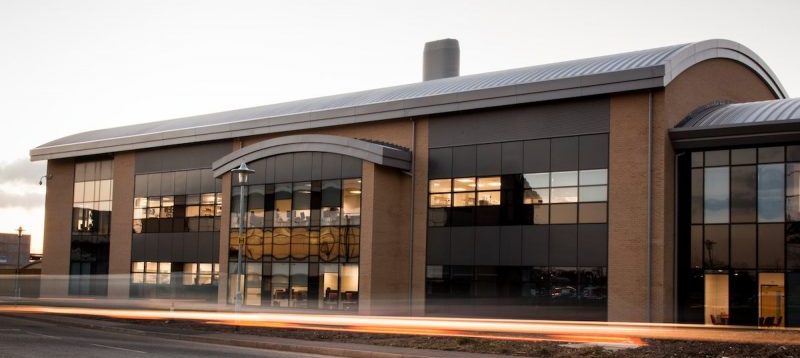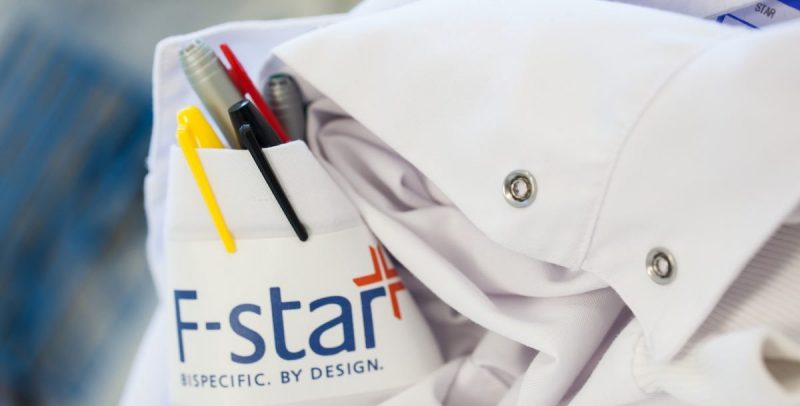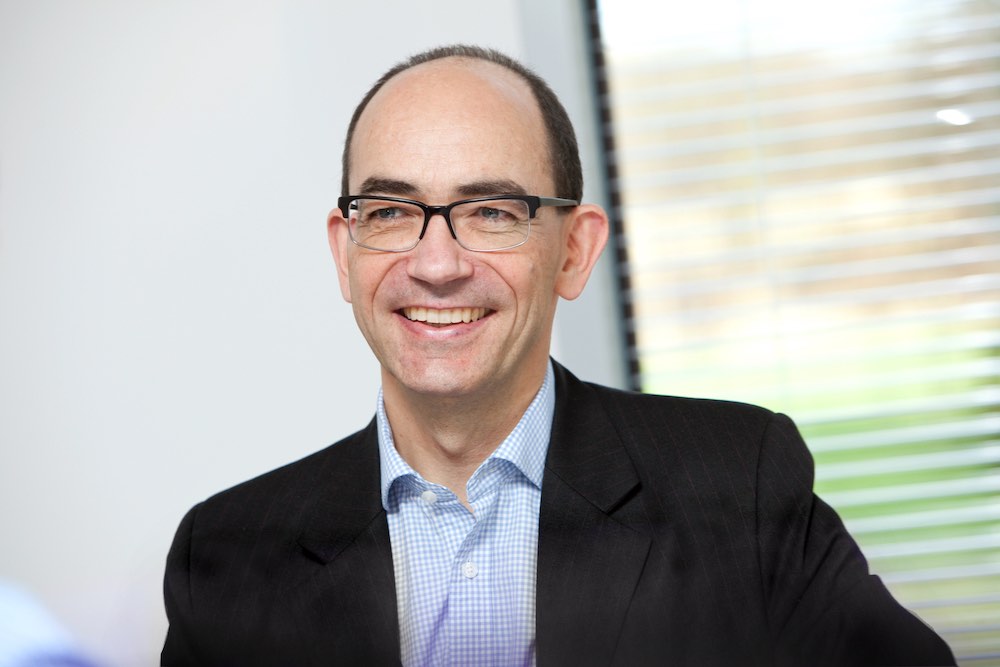The series of profiles on impressive biotech leaders continues: John Haurum founded one of the most successful biotech companies in Denmark and is now leading one of the hottest European immuno-oncology companies. Here are some of his lessons and thoughts looking back at his rich career.
John Haurum, born in Denmark, studied medicine at Aarhus University and obtained a PhD in Immunology from the University of Oxford. His successful biotech career started back in 2000 when he went to Copenhagen and co-founded his first company: Symphogen.
Why did you decide to start your own Biotech Company?
Once I moved back from Oxford and started working in a hospital in Copenhagen, I met two people through some chance encounters that eventually became co-founders of Symphogen. I was in my 30s and we believed everything was possible, including building the next big antibody company; an idea inspired by Genmab, now a €10Bn Danish biotech. Our vision was to make a cocktail of antibodies that would be more potent and have a broader activity than a single monoclonal antibody.
We in-licensed technology from Boston University and raised some of the first seed funding provided by Novo A/S, which owns majority shares in Novo Nordisk and now finance a significant part of the biotech ecosystem in Denmark. Ten years later, when I left the company, we were a team of 80 people with deals including Genentech and a product in the clinic.

How was it like to start a Biotech Company?
Oh, there were plenty of lessons. We were all very ambitious and wanted to build an exciting company from the beginning, but most of the people we met didn’t really believe it was possible to make antibody mixtures. Manufacturing a mix of antibodies that is reproducible and where you know precisely what it contains was one of our biggest challenges. We focused on this for the first 4-5 years and then moved towards product development.
This seemed a very successful adventure, why did you decide to move on?
You know, both me personally and the company went through changes within those 10 years. When Symphogen started to seriously focus on drug development it needed new skills and capabilities, a Chief Medical Officer, more managers in development, etc. I have always been the CSO of the company without any prior experience in drug development so it was not natural for me to be a leader in that phase.
At the same time, I was contacted by ImClone Systems, who wanted me to move to New York City and join as VP of Research. Back then, ImClone was among the most successful biotechs in the US, and with over 150 people in R&D, it was an exciting challenge for me. Besides the fabulous location in Manhattan, I was introduced to oncology drug development in the context of big pharma, which taught me how competent ImClone, now part of Eli Lilly, was.
So why changing again and becoming CEO of F-star in 2012, just two years after having joined ImClone?
My family is the main reason this time, as I wanted to join them when they moved back to Europe. Also, the offer to become the CEO of F-star was a fantastic opportunity for me. It was my first time as CEO, and more than that, the bispecific antibody platform the company developed was very appealing to me. It could put together bispecific antibodies like Lego (yes, I love Lego as every Dane) using high-throughput technology, and it combined all the expertise I had developed around antibodies and drug development in oncology.
So I took the job in Cambridge, UK, which is really the best location to build an antibody company in Europe. I joined the company when it had around 20 employees and had raised around €30M; we are now over 75 and raised €100M in non-dilutive funding and revenues. We completely reshuffled the strategy of the company, changed the management, launched new programs in the clinic and started focusing on immuno-oncology.

Talking about Immuno-Oncology, which is definitely the hottest Biotech topic of 2016: what’s your feeling on the field?
It’s true, immuno-oncology is a complete game changer in the management of cancer. I believe it will enable us, within the next decade, to fundamentally change cancer care. Instead of briefly delaying disease progression, we will be able to create a stable pattern of disease, like for HIV, and transform cancer into a disease you live with. It’s such an exciting time for developing new treatments. I remember back when I studied Immunology I was always wondering, with doubts, how we could use the patient’s own immune system to fight cancer. Medarex and BMS were the first through their tremendous achievements with Ipilimumab and Nivolumab to prove how much potential there is in this space.
Checkpoint inhibitors are just the first wave; immuno-oncology is still in its early days and you will see new technologies and combinations emerge. I believe that bispecific antibodies, as pioneered by Micromet, could be the best alternative for some cancers as it enables unique mechanisms of action.
Let’s change the topic: as you are deeply European, what are your thoughts on Brexit?
Leaving the European Union is crazy and not understandable, it just doesn’t make sense. My biggest concern from a business point of view is the free movement of talent. Among our 75 employees, we have 25 different passports, many of them from continental Europe. Recruiting is a challenge for any biotech company and especially so if you have a local rather than a global mindset. In F-star it is the diversity of our staff that makes the difference when we innovate for patients and make a return for our investors. Brexit is definitely the wrong trend.
And finally, will you start a third company soon?
John started to laugh: “No, I love F-star and don’t have any intention to start anything new now. But you know, never say never”.

It was great talking with John. I was impressed by his many achievements and how humble he was about it. He is also a great believer of the European Biotech ecosystem and it’s always a great pleasure to chat with people who believe in the same vision I have. I hope F-star will continue to be as successful as it has been so far.
If you liked this interview, check the executive profiles of Joern Aldag, Bernard Gilly and Philippe Dro, and feel free to suggest any other impressive European biotech leaders I should interview.
Images by F-star and Symphogen





